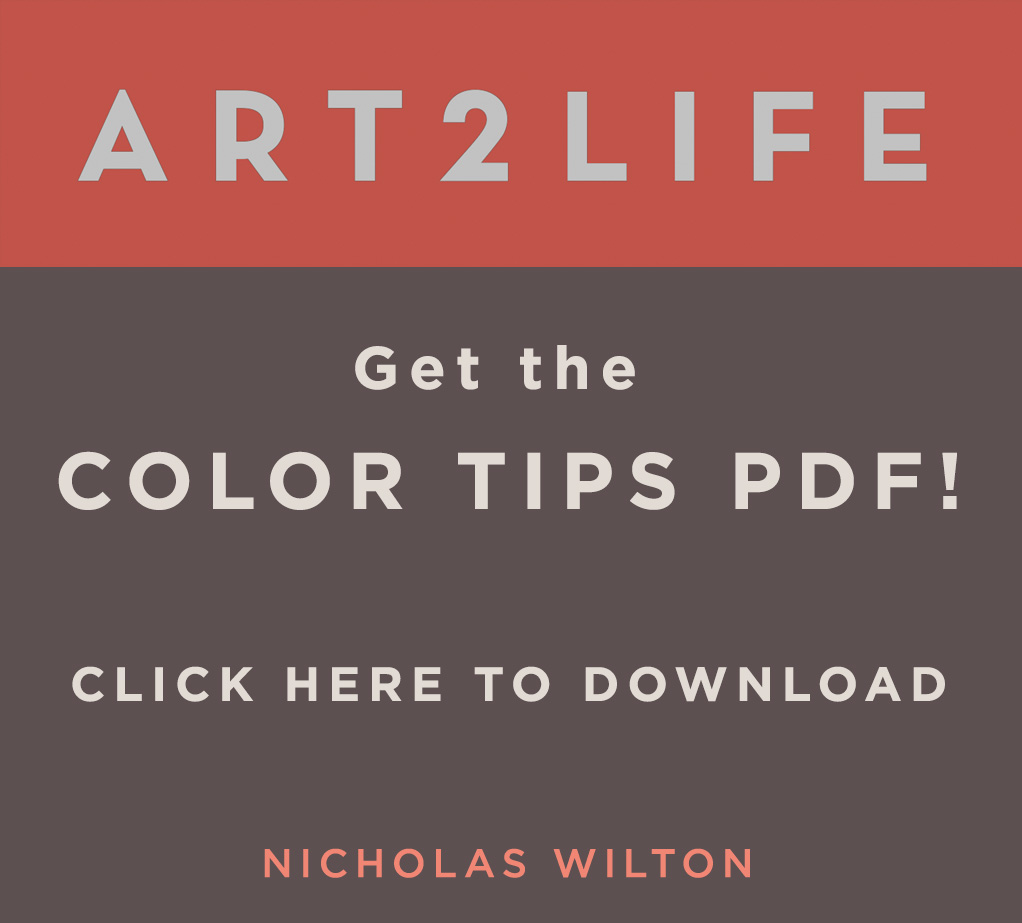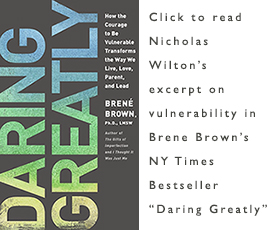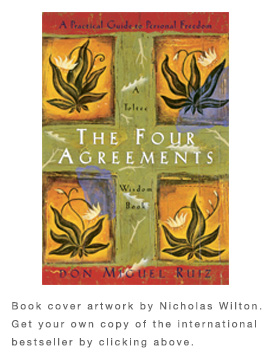 Six weeks ago I had an operation on my Achilles tendon. There was a small tear that probably occurred from years and years of trail running. After this particular surgery you can’t put any weight on your foot. As a result you are on crutches all the time and, as if you are back in the 1st grade, hopping becomes a big part of your life again.
Six weeks ago I had an operation on my Achilles tendon. There was a small tear that probably occurred from years and years of trail running. After this particular surgery you can’t put any weight on your foot. As a result you are on crutches all the time and, as if you are back in the 1st grade, hopping becomes a big part of your life again.
Yesterday was a great day because the physical therapist finally said that I could begin to walk, although still in the gargantuan boot, without any crutches. I could finally be mobile again. He asked me how this aliment had influenced my art. I replied that I didn’t think it had but also added that it made the whole process of painting more difficult. It certainly had slowed it down.
But now the excitement of being able to work, of being able to walk again without crutches was certainly going to change all that, and in the coming weeks there will be a resurgence of creative energy.
So although standing on one leg for the past 6 weeks hasn’t inspired any new art it has reminded me of the natural cycles of my creativity. I have been hobbling for weeks now and have just watched as life in almost all ways has roared past at a much faster pace.
I know how it feels like to be highly, energetically creative. Invariably it always peters out, things slow down, a vacation comes along or there is an intervention of sorts – like this surgery in my case – that just naturally winds you down. It used to bother me. I thought I was supposed to be holding the same pace running uphill as I did running down. I used to worry that I would get marooned in the inactive, unproductive part of the cycle never to return to the joyful, productive place of making things again.
I now understand, for me, that this is not how the cycle of creativity rolls. The loud exhalation is always followed by the quieter inhalation. Running a race always ends with standing still. Pushing yourself creatively, making things at breakneck speed with all the glorious fury that sparks the artist to do so always seems to be punctuated by long pauses, quiet reflective times of doing nothing much at all.
Even in passages of paint, when my eyes move across the surface of a successful painting, there always are areas of activity accentuated by expanses of emptiness. A desert thunderous storm is always followed by a perfectly still dawn. Day turns to night.
Whenever I watched videos or documentaries of artists working in their studios I used to always look for clues of their success. I tried to figure out, by looking very carefully what in fact they were doing, or what tools they had that I did not: what kind of studio shoes Diebenkorn was wearing, or trying to peer behind Picasso as he was painting to the messy table top of plates and wine glasses to figure out exactly what he ate for lunch that day. I thought that perhaps if I used the same kind of palette, or the same kind of easel, or listened to the same kind of music I would be successful too. Something about this setup had to be different than mine because clearly this particular artist never inhaled and was, like a rocket, always taking off, just producing art at a breakneck pace.
Of course I never figured it out but I did begin to notice one thing that existed in almost all of their studios, the one thing they all had in common. It turns out that it is not expensive and often is, like the studio floor upon which it sits, always covered with splotches of various colors of paint. There, almost out of the cameras view, right behind the artist feverishly working is simply a chair.
Is there something your favorite artists have used – a technique or item or specific palette – which has inspired you?
Almost walking again, Nicholas



